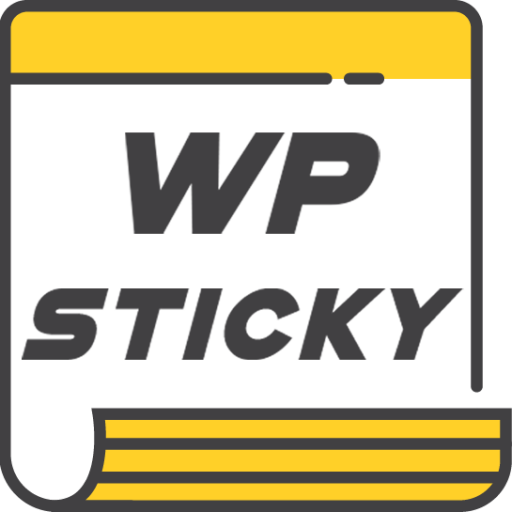Building a compelling resume is more than listing every job you’ve ever had. It’s about strategically showcasing your strengths in alignment with the job you’re aiming for. One often underutilized method of doing this is through highlighting your area of expertise. This deliberate approach helps to curate your experience and skills in a way that positions you as the ideal candidate for a specific role.
Your area of expertise defines the professional niche in which you operate most effectively. It tells employers what problems you are uniquely qualified to solve. Being clear and specific in this area not only improves your chances of getting hired but also demonstrates self-awareness and professionalism.
Why Areas of Expertise Matter
In today’s competitive job market, recruiters often receive hundreds of resumes for a single position. They use software and experienced eyes to scan for keywords and skill matches. Highlighting your area of expertise allows your resume to stand out quickly by offering a snapshot of your capabilities at a glance.
Presenting your expertise secondarily supports your candidacy by:
- Communicating focus: Employers look for candidates who are clear about their career direction and aptitudes.
- Improving readability: A well-organized resume with defined sections, such as “Areas of Expertise,” allows hiring managers to find relevant information quickly.
- Increasing keyword density: Strategically placing keywords improves your resume’s chances of passing through applicant tracking systems (ATS).

How to Identify Your Area of Expertise
If you’re unsure of what your area of expertise is, start by reviewing your work history and projects. Look for recurring themes such as technical skills, industry knowledge, or leadership capabilities. Here are a few guiding steps:
- Review your achievements: Identify consistent accomplishments across different roles that relate to specific skills or industries.
- Analyze feedback: What have managers or colleagues consistently praised you for?
- Consider your passion and strengths: These often overlap with your most valued professional traits.
For example, a marketing professional might define their area of expertise as “Digital Strategy & Brand Engagement,” whereas a project manager could go with “Agile Methodologies and Cross-Functional Team Leadership.” The goal is to be precise rather than generic.
Where to Place Your Area of Expertise
This section should be placed prominently, typically just below your professional summary and above your work experience. It helps frame your qualifications right at the start of the resume.
Here’s how you can format it:
Areas of Expertise
- Data Analytics & Visualization
- Strategic Market Research
- Cross-Departmental Collaboration
- Client Relationship Management

Ensure each bullet point reflects a core skill or domain in which you excel. Avoid vague terms like “hard-working” or “good communicator” unless they are supported with quantifiable evidence elsewhere in your resume.
Customizing Your Expertise for Each Application
While your core strengths may remain constant, you should tailor your areas of expertise according to each job description. This increases the relevance of your resume and demonstrates that you’ve done your homework on the company and the role.
Highlight the skills and experiences that closely match the key responsibilities in the job ad. Updating this section can make your application look personalized, which is far more appealing to recruiters.
Common Mistakes to Avoid
Even strong professionals can misrepresent or undersell their expertise. Watch out for these pitfalls:
- Overloading with jargon: Use industry-relevant language, but make it accessible.
- Being too generic: “Team Player” or “Customer-Oriented” are not expertise areas unless substantiated.
- Inconsistency: Your listed areas should align with both the job description and your experience section.
Conclusion
Your resume is more than a list of employment dates and skills; it is your professional narrative. By clearly defining and showcasing your area of expertise, you give hiring managers a reason to notice you amidst a sea of applicants. Don’t underestimate the power of this strategy. When done effectively, it brings clarity, focus, and a sense of professionalism to your resume that is hard to overlook.
So, whether you’re building your first resume or reworking an existing one, take the time to thoughtfully curate what truly makes you an expert in your field. That focus may very well be the edge that secures your next career opportunity.
